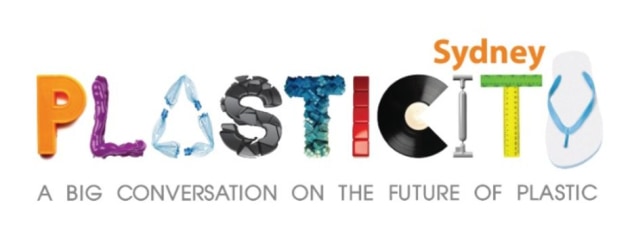China’s new 'national sword' policy is making waves as Australia seeks to continue its recycling efforts.
Australia relies heavily on China as a destination for recovered mixed plastics, with an estimated two thirds of plastics exported for processing and recycling.
The Chinese government’s decision to restrict the importation of scrap plastic, expanding upon its previous 'green fence' restrictions, means Australia will need to find new export markets or alternative end markets to avoid this recycling stream going to landfill.
Globally there is a push for a focus on new and better end markets.
Plasticity Forum founder Doug Woodring said China’s actions had placed pressure on businesses upstream.
"If you've been relying on export markets to take your mixed plastics, it is time to rethink and create true circular economies,” he said.
“In China, commodity traders and industry insiders have tipped this policy to shift processing and manufacturing plants.
"Some are moving to other south-east Asian countries, but there is growing speculation that the policy will encourage processing to be done in the origin country, depending on viability."
The issue will be discussed at the 9th Global Plasticity Forum in Sydney on 31 October. The one-day conference brings together ideas to inspire a circular economy for plastics.







